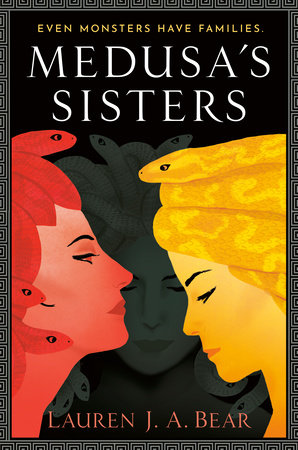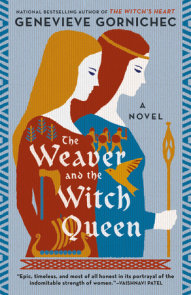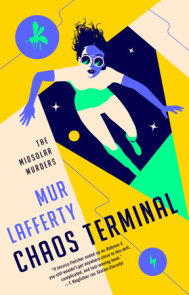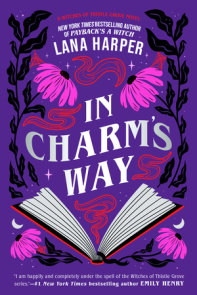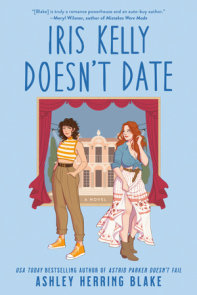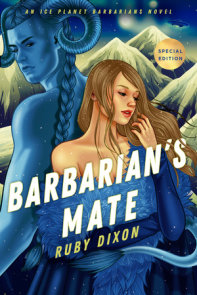READERS GUIDE
Reader’s GuideMedusa’s Sisters by Lauren J. A. Bear
Discussion Questions:
1. Medusa is one of Western culture’s most notorious femme fatales. The image of her face, her snakes, is everywhere. What did you know or think about her and the Gorgons going into this book, and did the story change any of your preconceived notions?
2. The novel begins with a quote from nineteenth-century classicist Jane Ellen Harrison about the Gorgon sisters being appendages to Medusa. How do retellings, as a literary form, respond to this claim?
3. Each episode, or chapter, begins with a lyrical excerpt from either Erastus of Athens or an anonymous author. By the end of the book, what do you now know (or suspect) about the songwriters? How has your interpretation of the lyrics changed?
4. Society tends to assign common personality traits to the oldest, middle, and youngest siblings in a family—roles they play, responsibilities they are given. Do you see any such patterns with the Gorgon sisters? Which sister do you most identify with, and does she have a similar birth order to your own?
5. The book has many examples of “bad” parenting—Ceto, Cronus, Acrisius. What are the counterexamples?
6. The romantic relationships between Olympians and others almost always tend to be toxic. What similarities and differences did you notice in the relationships between Zeus and Semele, Medusa and Athena, and Euryale and Poseidon?
7. Water is an important image throughout the novel. Euryale and Poseidon interpret water differently, both in how they personify the element and its symbolic properties. In your opinion, who is correct?
8. Many of the characters in this book struggle with identity and how to define themselves versus how they are defined by others. How does the book disrupt traditional definitions of hero, villain, and monster? What actions make a character a hero, villain, or monster—and can somebody be more than one?
9. Semele regrets removing the Necklace of Harmonia from the Theban treasury. What do you think—was the necklace cursed? Remember its provenance. How could it have affected the characters who dared to put it on?
10. Euryale often has dreams/visions with some prophetic power. What did she learn from her vision of Medusa in the waters of the cove? How does this connect to Euryale’s own ending?
11. Were you surprised by the revelation of Medusa and Athena’s secret relationship? Did you notice any clues or foreshadowing along the way? If you did start to suspect, when?
12. None of the sisters apologize, but they are forgiven. Is there a difference between forgiving yourself and asking for forgiveness? Are there rules for forgiveness in families? For women?
13. How do the sisters enact their revenge on Athena and Poseidon? What other characters pursue vengeance—Hera? Ligeia? Can vengeance be an act of justice? Or is it always something darker?
14. Did reading this novel pique your interest in other mythological stories? Leto? Metis? Pandora? Andromeda? Dionysus? Who do you want to learn more about?









